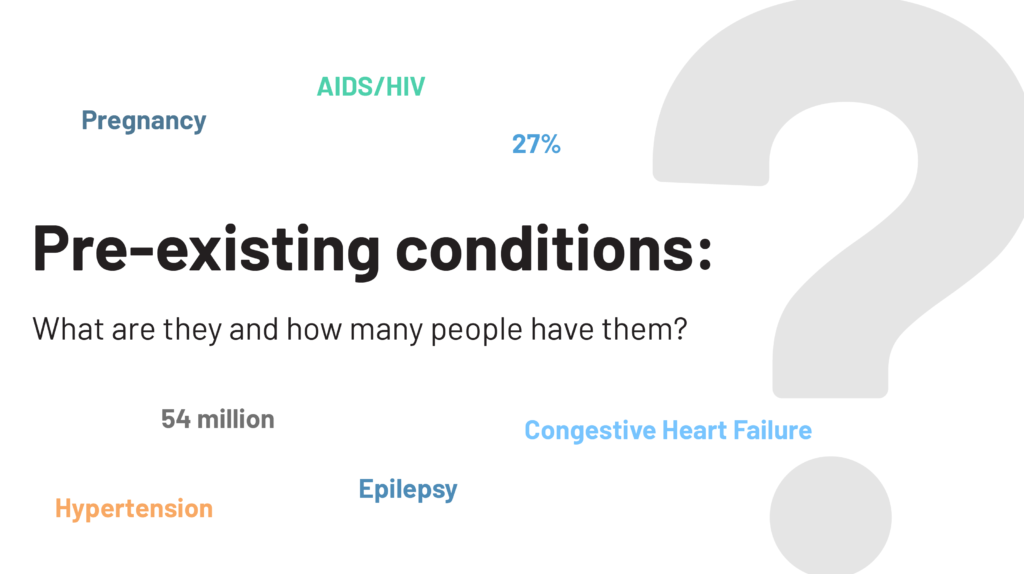
“The Impact of Pre-Existing Conditions on Health Insurance Premiums” explores how existing health issues influence insurance costs and coverage options. Here are answers to common questions about this topic, along with a table summarizing key points:
Q: What is a pre-existing condition in health insurance?
A: A pre-existing condition is a medical issue that exists before an individual’s health insurance policy begins. Examples include chronic diseases like diabetes, heart disease, or asthma.

Q: How do pre-existing conditions affect health insurance premiums?
A: Under the Affordable Care Act (ACA), insurers cannot charge higher premiums based on pre-existing conditions. All individuals, regardless of their health status, receive the same rate within a given age group and region.
Q: Are there any exceptions to the rule regarding premiums and pre-existing conditions?
A: No, there are no exceptions under the ACA. Insurers must provide coverage at the same premium rates for everyone, regardless of pre-existing conditions.

Q: How do pre-existing conditions influence coverage options?
A: While pre-existing conditions do not affect premiums, they can impact the types of plans available. Some plans may offer better coverage for specific conditions, so it’s important to compare options carefully
.Q: What should individuals with pre-existing conditions consider when choosing a health insurance plan?
A: They should consider the plan’s network of providers, coverage for necessary treatments and medications, and out-of-pocket costs to ensure comprehensive and affordable care.

Table: Key Points on Pre-Existing Conditions and Health Insurance Premiums
| Key Point | Description |
|---|---|
| Definition | Medical issues existing before the start of a health insurance policy. |
| Impact on Premiums | ACA prohibits higher premiums based on pre-existing conditions; same rates apply to all. |
| Exceptions | No exceptions under the ACA; uniform premium rates are mandatory. |
| Influence on Coverage Options | Certain plans may offer better coverage for specific conditions; compare options carefully. |
| Considerations for Plan Selection | Evaluate provider networks, treatment coverage, medication coverage, and out-of-pocket costs. |
Understanding the impact of pre-existing conditions on health insurance premiums is crucial for making informed choices. The ACA ensures that individuals with pre-existing conditions are protected from higher premiums, promoting fair and accessible healthcare for all. By carefully selecting a suitable plan, individuals can secure comprehensive coverage that meets their health needs.
